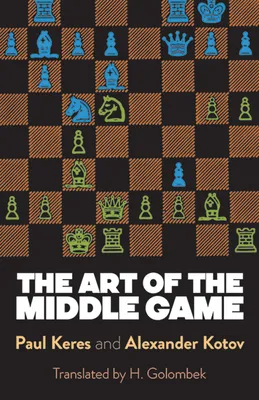Home
Facilitating the Process of Working Through Psychotherapy: Mastering Middle Game
Loading Inventory...
Barnes and Noble
Facilitating the Process of Working Through Psychotherapy: Mastering Middle Game
Current price: $160.00


Barnes and Noble
Facilitating the Process of Working Through Psychotherapy: Mastering Middle Game
Current price: $160.00
Loading Inventory...
Size: Hardcover
*Product Information may vary - to confirm product availability, pricing, and additional information please contact Barnes and Noble
Facilitating the Process of Working Through in Psychotherapy
provides a detailed understanding and de-mystification of the concept of "working through" in dynamic psychotherapy, the most vital but neglected aspect of the therapeutic process.
Just as there are multiple factors responsible for the creation and perpetuation of symptoms and suffering, multiple interventions are frequently required to work through and resolve them. This volume spans topics such as multiple causation, repetition compulsion, and the polarities of experience, while emphasizing the importance of providing a corrective emotional experience, recognising and repairing ruptures to the alliance and facilitating a positive ending to treatment. Verbatim transcripts of the author’s therapy sessions illustrate the factors responsible for working through toward enduring change, and readers are taken through theory, research, and practice.
This book is essential reading for all psychotherapists who are committed to increasing therapeutic effectiveness while enhancing their own personal and professional development.
provides a detailed understanding and de-mystification of the concept of "working through" in dynamic psychotherapy, the most vital but neglected aspect of the therapeutic process.
Just as there are multiple factors responsible for the creation and perpetuation of symptoms and suffering, multiple interventions are frequently required to work through and resolve them. This volume spans topics such as multiple causation, repetition compulsion, and the polarities of experience, while emphasizing the importance of providing a corrective emotional experience, recognising and repairing ruptures to the alliance and facilitating a positive ending to treatment. Verbatim transcripts of the author’s therapy sessions illustrate the factors responsible for working through toward enduring change, and readers are taken through theory, research, and practice.
This book is essential reading for all psychotherapists who are committed to increasing therapeutic effectiveness while enhancing their own personal and professional development.


















